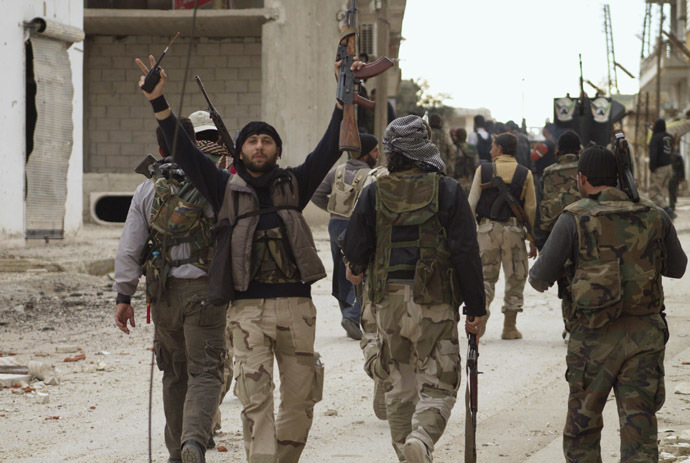China’s rejection of shipments of US corn containing traces of
unapproved genetically modified maize has caused a significant drop in
exports. According to a new report, US traders have lost $427 million in
sales.
Overall, China has barred nearly 1.45 million tons of corn shipments since last year, the National Grain and Feed Association (NGFA), an American industry association, said Friday.
The tally is based on data from export companies and is significantly higher than the previous numbers reported by the media, which said roughly 900,000 tons were affected. US corn exports to China since January are down 85 percent from the same period last year, the report says.
China has been blocking shipments of American corn from its market since November. This was caused by the presence of the MIR162 genetically modified corn strain in the shipments. It was developed by the company Syngenta and has not been approved by the Chinese government since an application was submitted in March 2010.
China has sharply increased corn imports since the late 2000s, with purchases increasing from 47,000 tons in 2008 to an estimated 5 million tons last year. It was the third-largest importer of American corn before the imports of Syngenta’s GMO strain were blocked.
US traders want seed companies to shoulder some of the losses. They also say seed companies should not introduce new varieties of seeds to farmers until they are approved by major markets, including China.
Part of the ire is also falling on the Chinese government, which, traders say, maintains an opaque process of approving and rejecting GMO strains, an accusation that Beijing rejects. China has so far approved 15 genetically modified corn strains for import.
Overall, China has barred nearly 1.45 million tons of corn shipments since last year, the National Grain and Feed Association (NGFA), an American industry association, said Friday.
The tally is based on data from export companies and is significantly higher than the previous numbers reported by the media, which said roughly 900,000 tons were affected. US corn exports to China since January are down 85 percent from the same period last year, the report says.
China has been blocking shipments of American corn from its market since November. This was caused by the presence of the MIR162 genetically modified corn strain in the shipments. It was developed by the company Syngenta and has not been approved by the Chinese government since an application was submitted in March 2010.
China has sharply increased corn imports since the late 2000s, with purchases increasing from 47,000 tons in 2008 to an estimated 5 million tons last year. It was the third-largest importer of American corn before the imports of Syngenta’s GMO strain were blocked.
US traders want seed companies to shoulder some of the losses. They also say seed companies should not introduce new varieties of seeds to farmers until they are approved by major markets, including China.
Part of the ire is also falling on the Chinese government, which, traders say, maintains an opaque process of approving and rejecting GMO strains, an accusation that Beijing rejects. China has so far approved 15 genetically modified corn strains for import.


